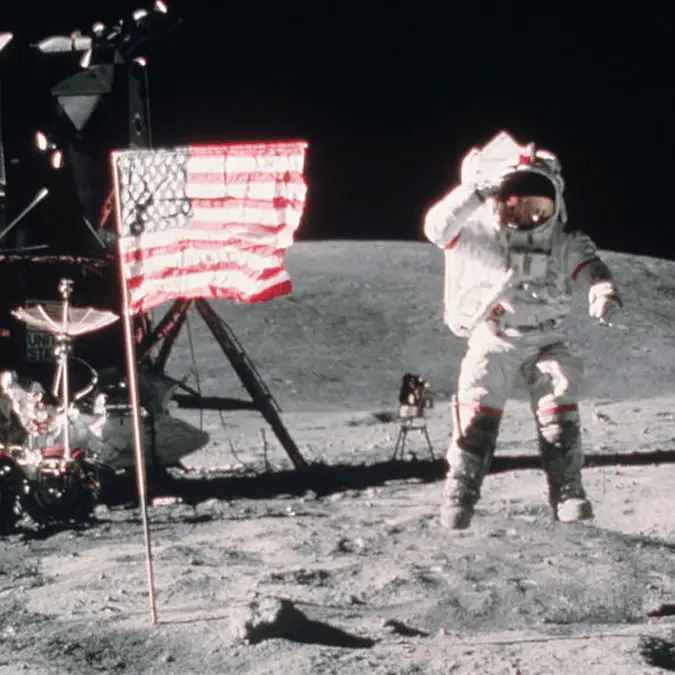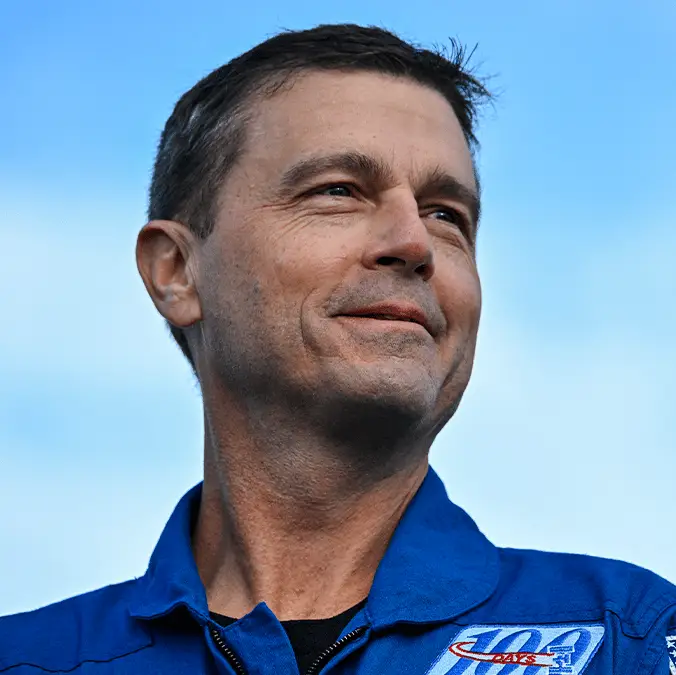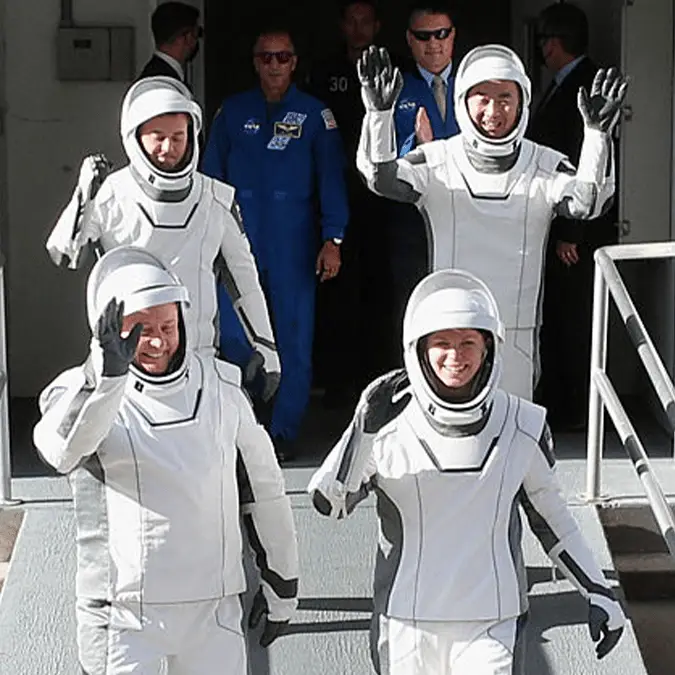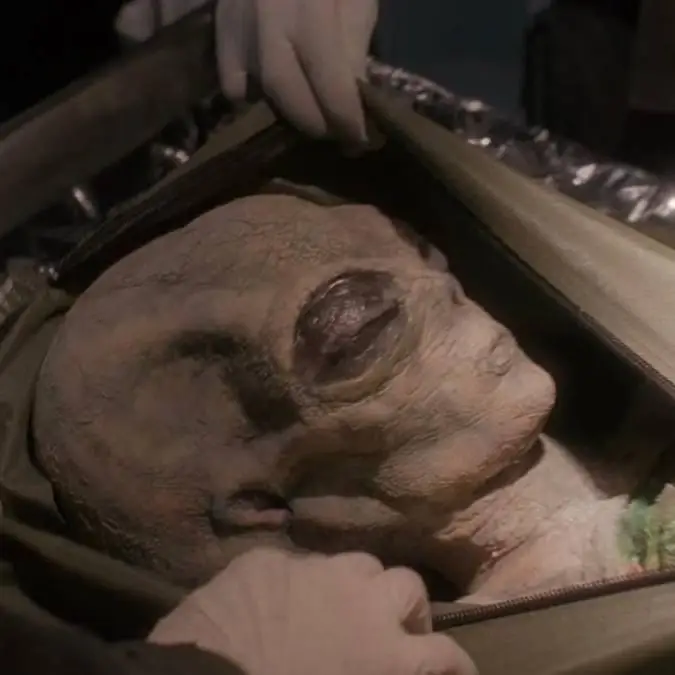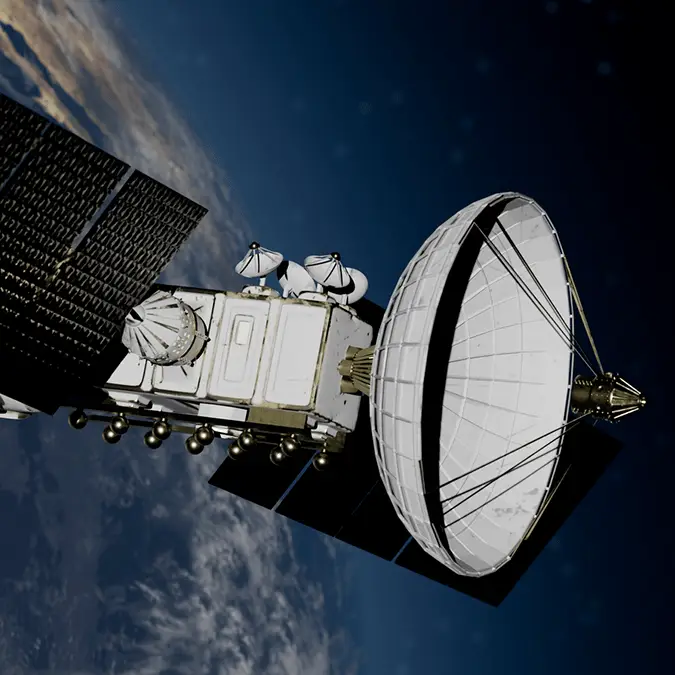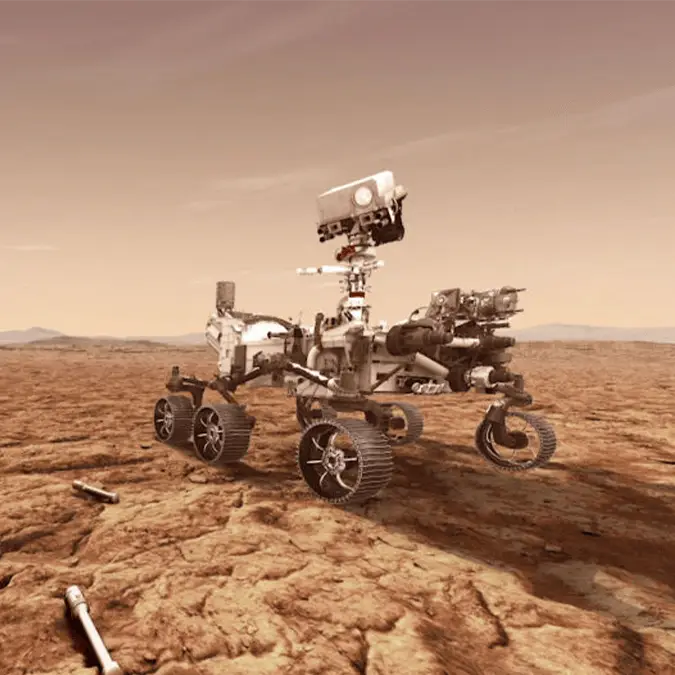
The president has been accused of distracting from the Epstein files
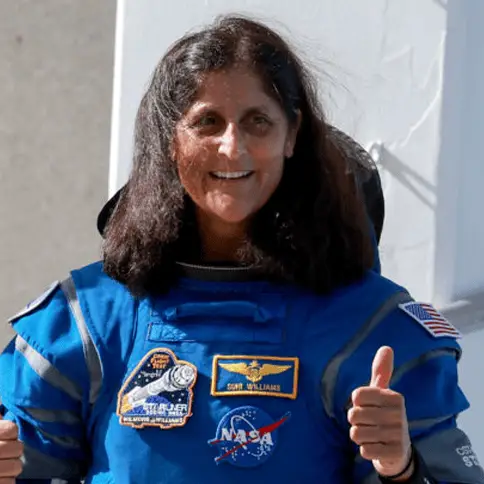
There was a major issue with the spacecraft

The POTUS has called out Barack Obama's recent discussion

The former POTUS has given the conspiracy theorists plenty to talk about

Sign him up a reboot of The X Files
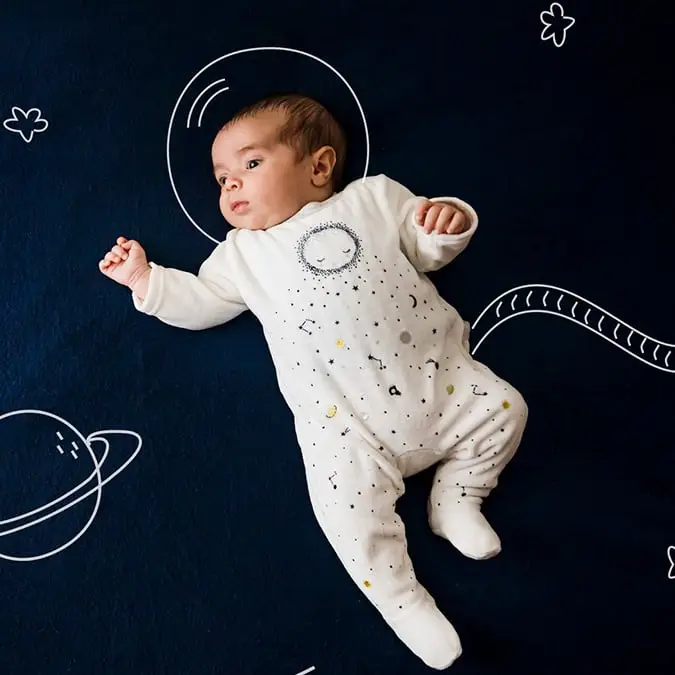
Scientists have revealed why life in orbit and having babies is a bad combination

Where are those little bulb-headed dudes?
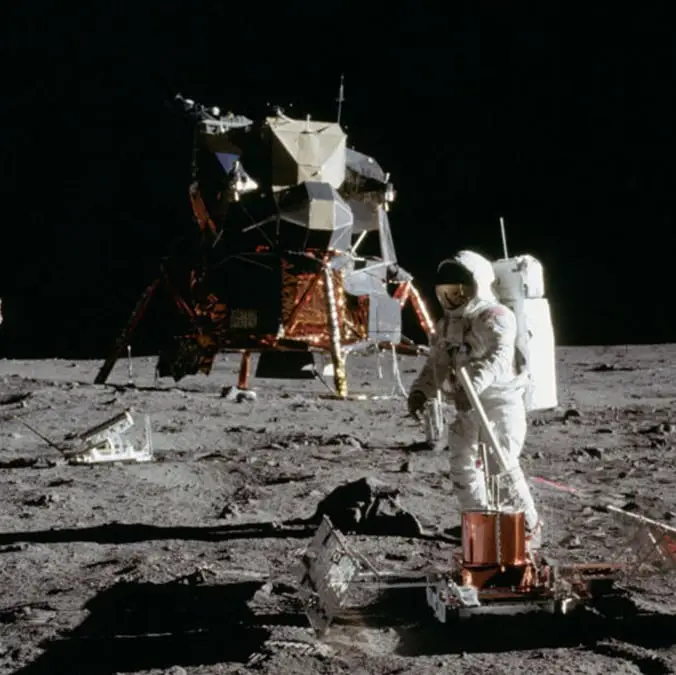
NASA plans to put astronauts back on the Moon for the first time in over 50 years
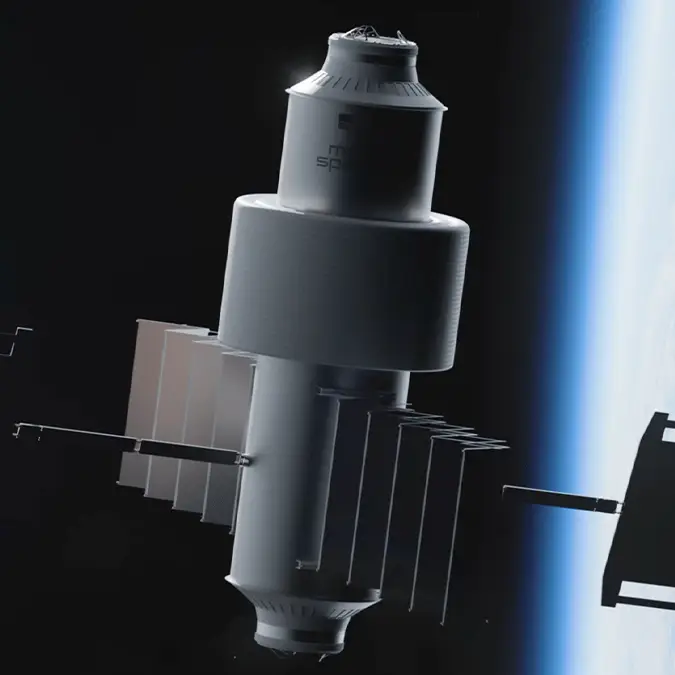
Don't let its size fool you
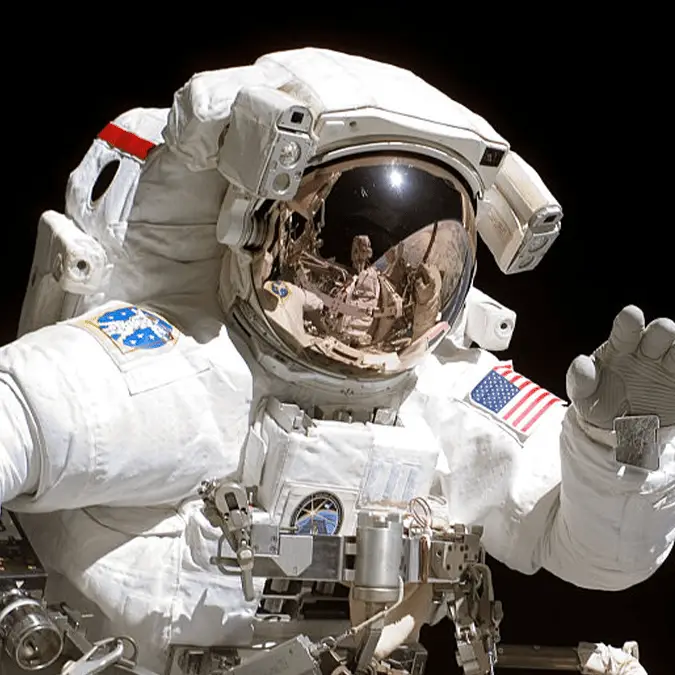
Many won't believe that it was previously not allowed

Elon Musk has had his sights set on colonizing Mars for years
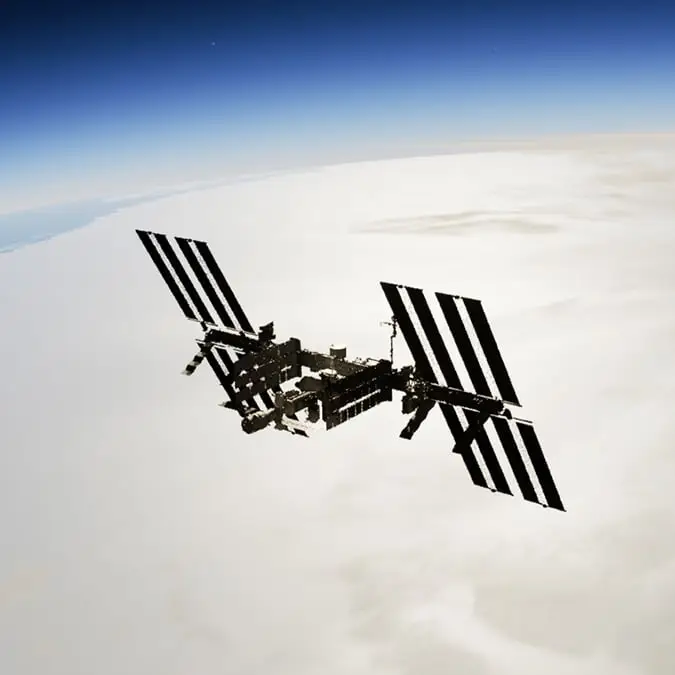
The ISSpresso is said to be the most advanced coffee machine ever created
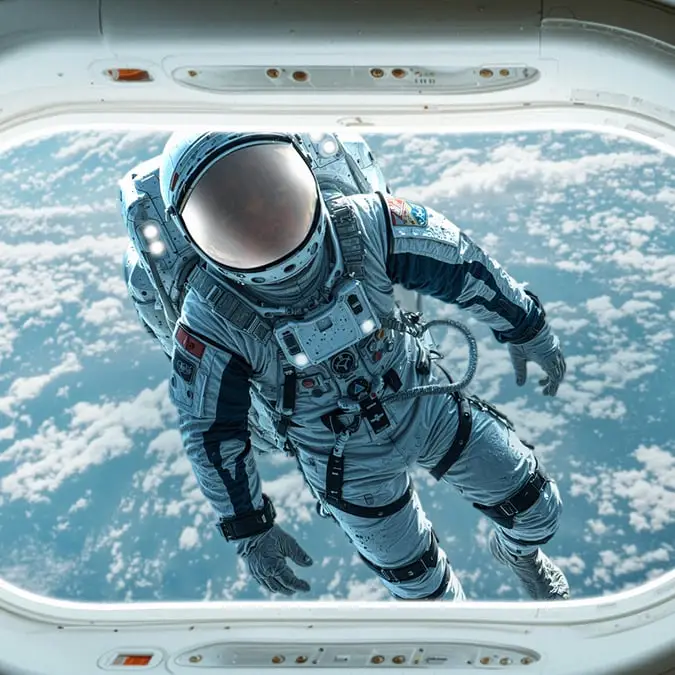
At least there won't be any crying kids on the ISS
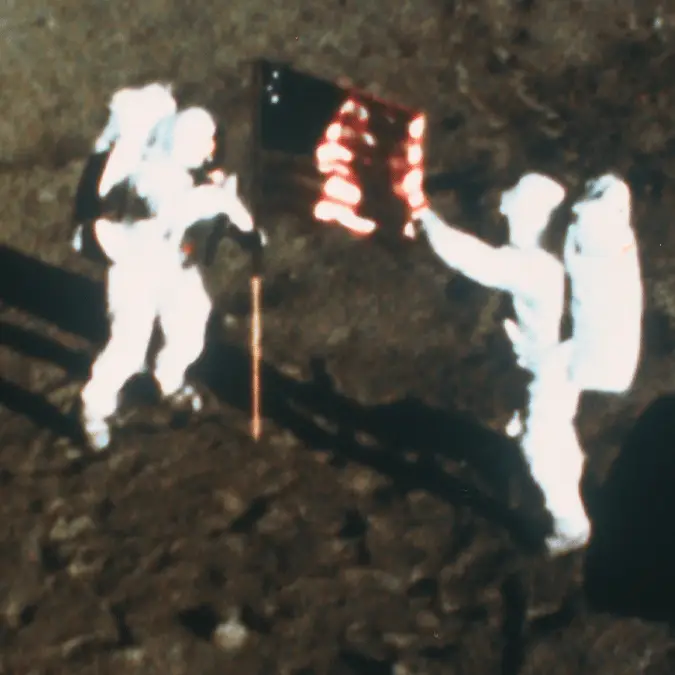
The delays have people talking
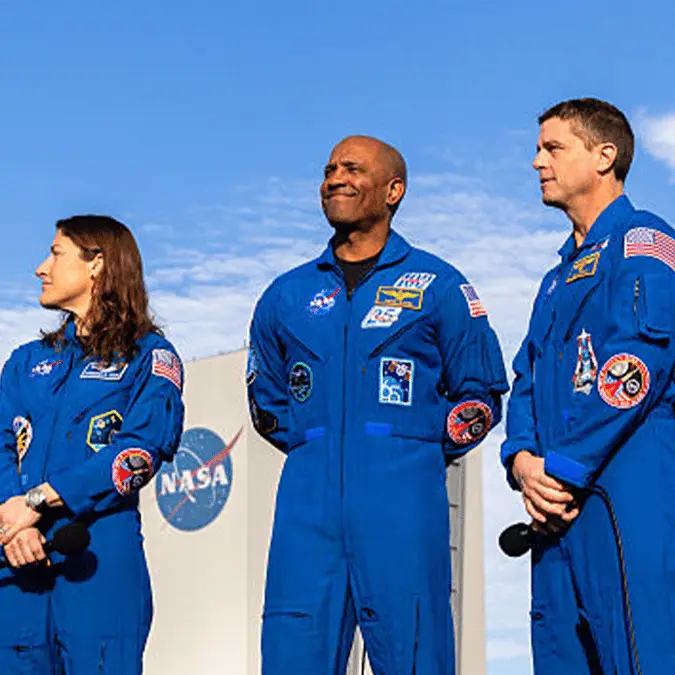
Backup plans are already in place
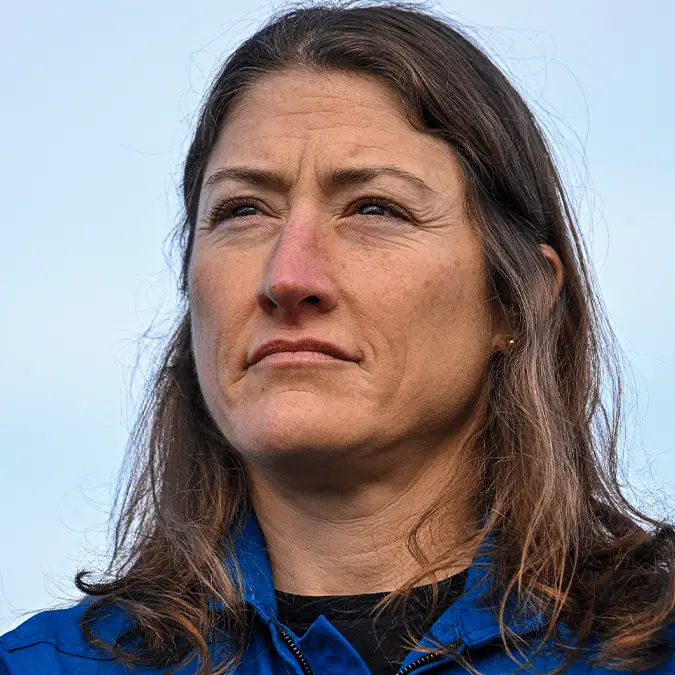
We won't be taking one small step for man just yet
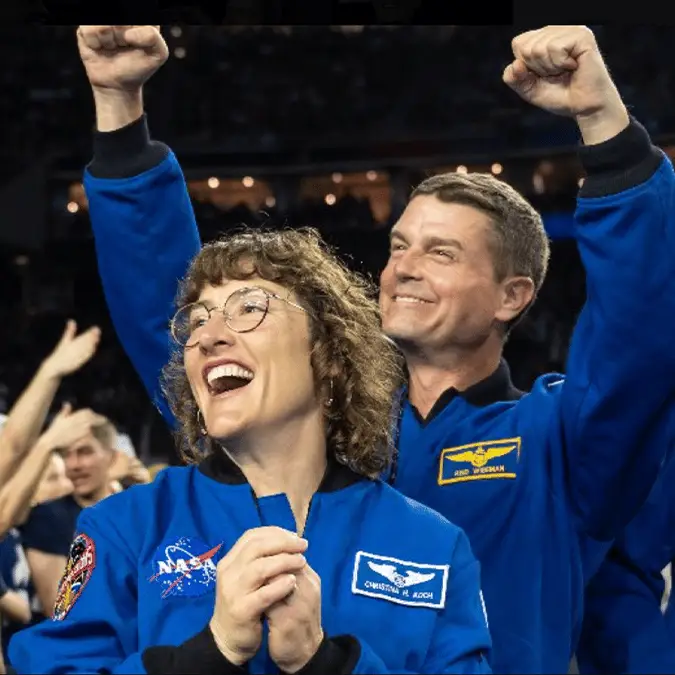
It's not exactly a five-star stay
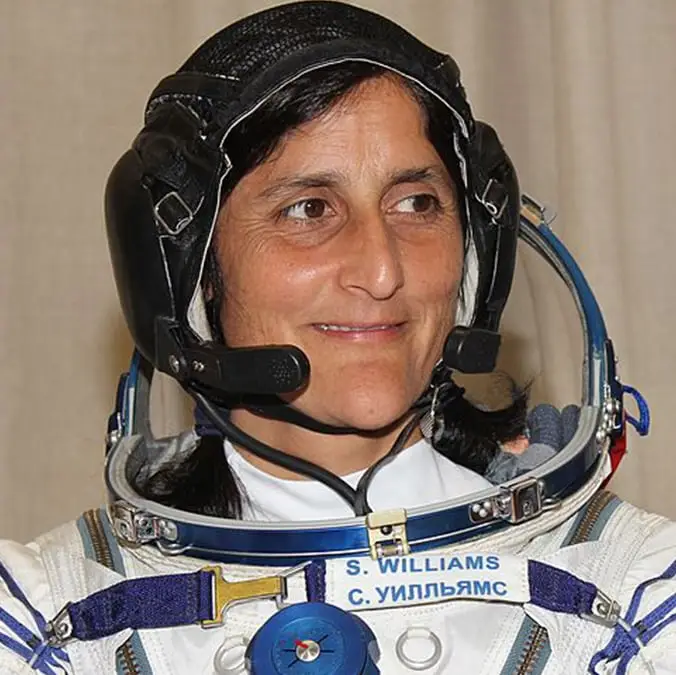
The astronaut spent nine months stuck in space
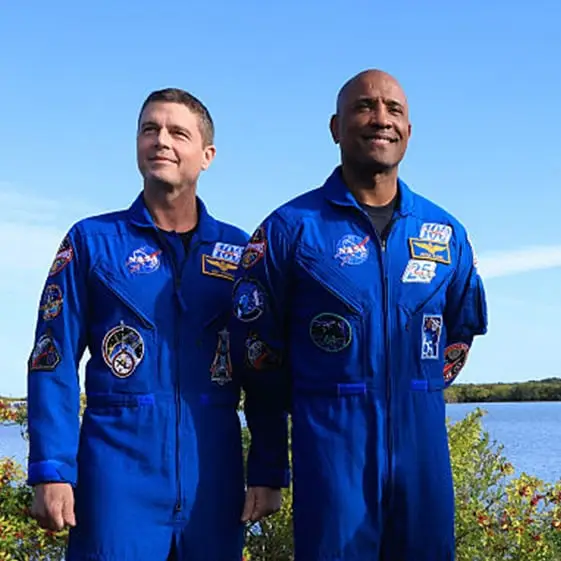
NASA issue statement as astronauts enter brutal quarantine before making furthest journey since 1972
Artemis II mission will be involve astronauts traveling to the moon for the first time in over 50 years

Here's how our solar system's doomsday will really play out
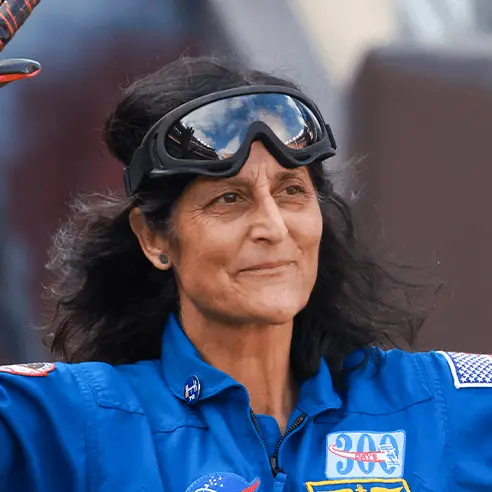
We really are just a tiny drop in a massive ocean of stars
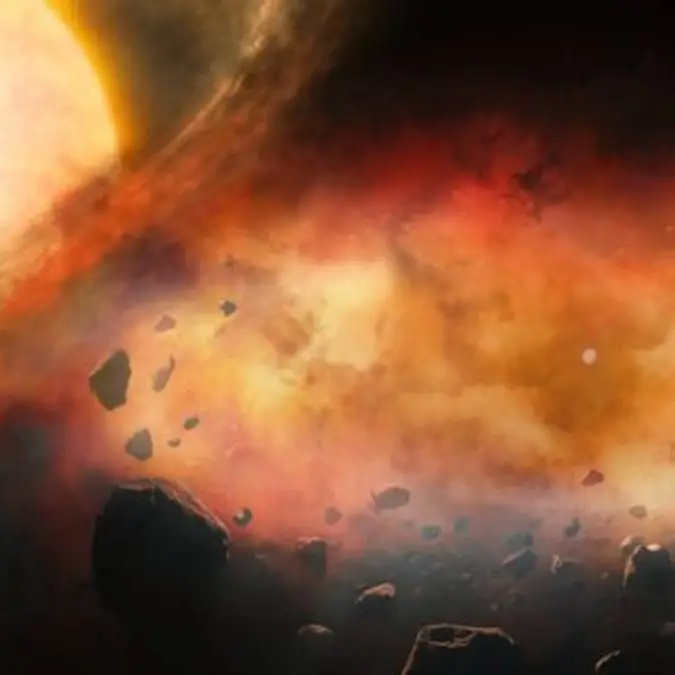
The mystery was spotted 3,000 light-years from Earth
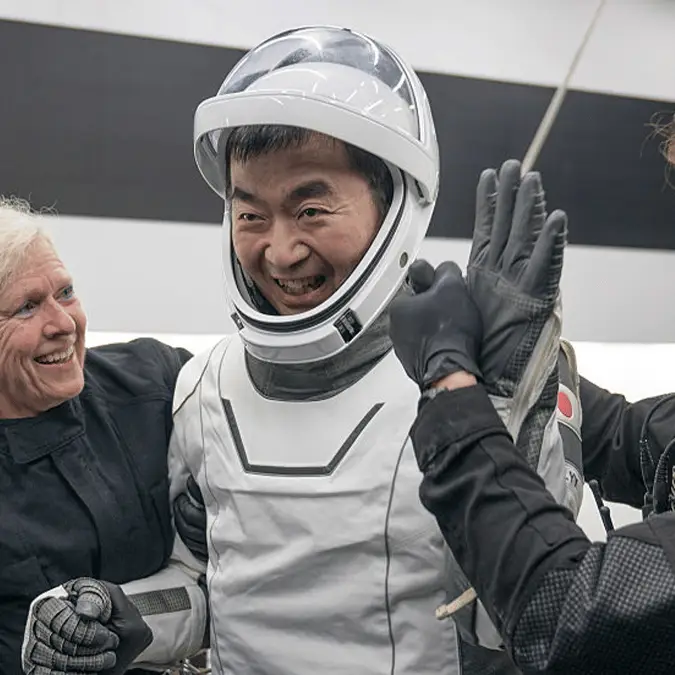
The recent evacuation has raised more questions
